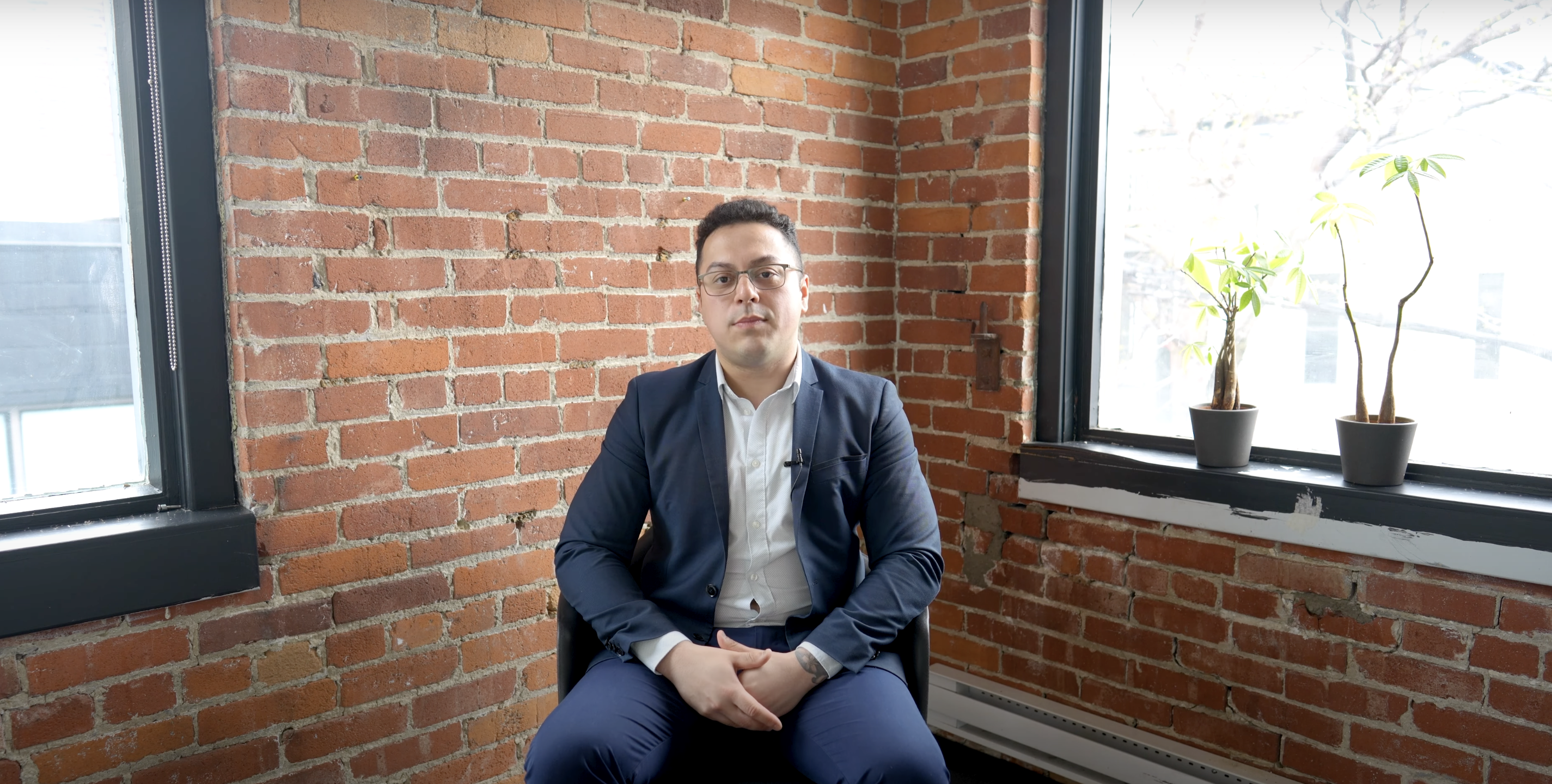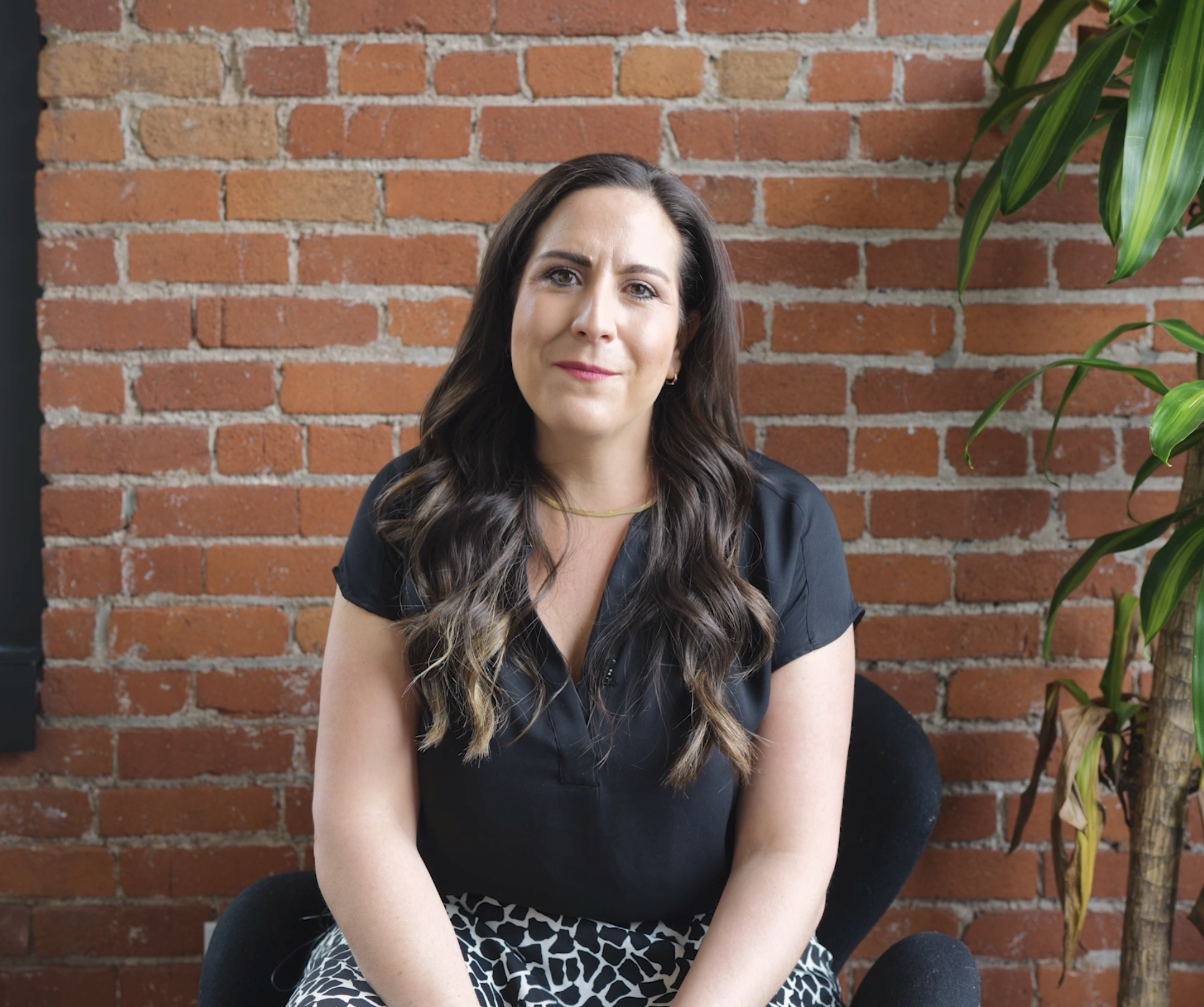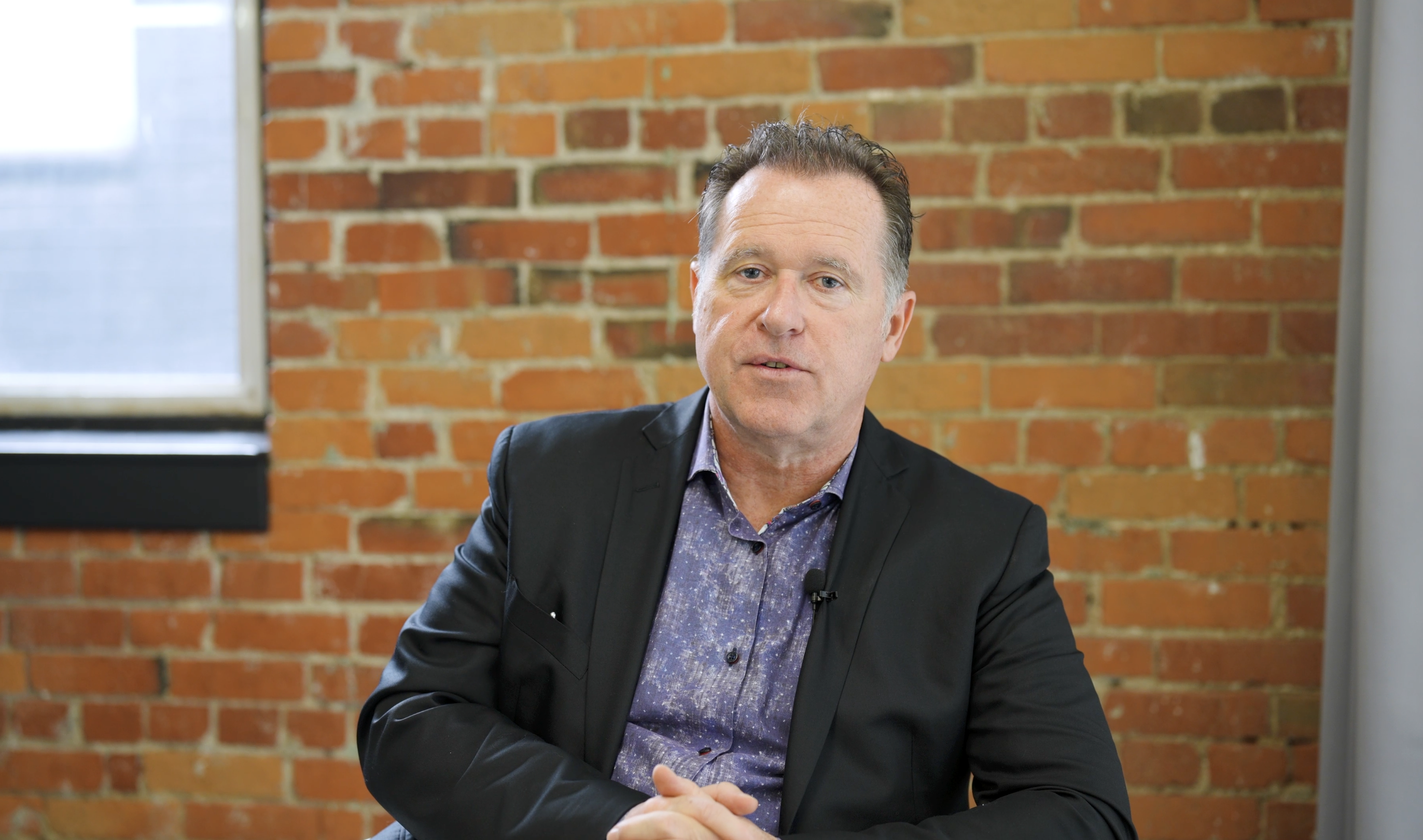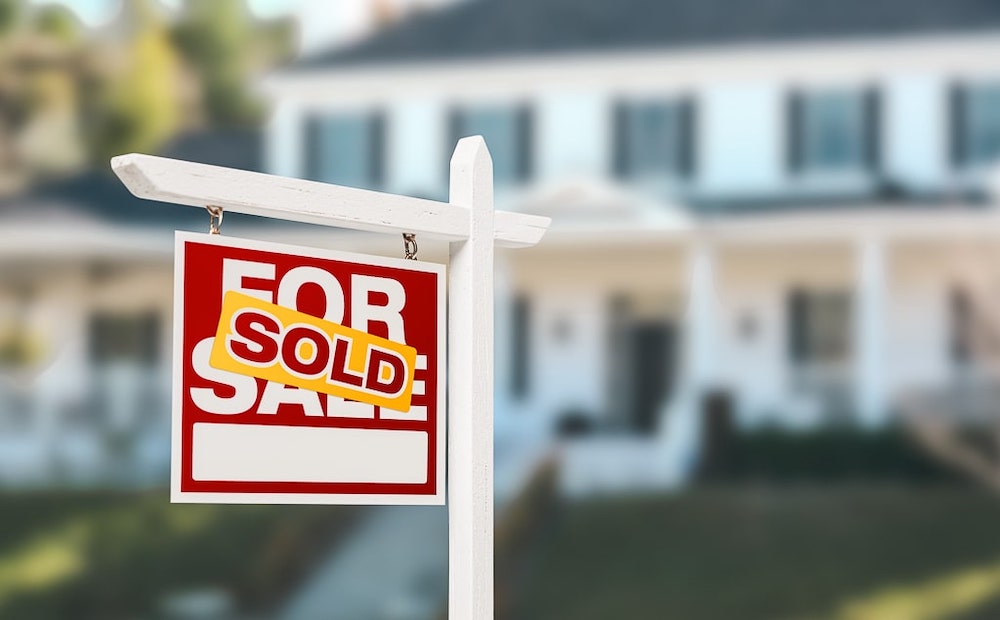If you’ve thought about making the jump to homeownership, or you’ve seen the news at all over the past two years, you’ve probably heard that buying a home in Canada has become a lot tougher since Covid-19. In fact, the second quarter of 2022 saw the “worst deterioration” in Canadian housing affordability in 41 years, according to a report recently released by the National Bank of Canada.
So what’s driving this decline? And why has it become so much harder to buy a home?
Rising Interest Rates
Since March 2022, the Bank of Canada has raised the overnight interest rate five times. In response, mortgage lenders have increased their own lending rates. A year ago, you could get a 5-year fixed-rate mortgage for 1.68%. Today, that same mortgage has risen to 4.49%. And, if rates continue to increase, it could get even higher. Higher interest rates mean more expensive mortgage payments for Canadians. So, what can homebuyers do?
Your best first step is to get a mortgage pre-approval as soon as you know you’re interested in buying a home. If you are certain about needing to buy a home, it’s better to make the purchase and lock in your interest rate before rates continue to rise. If you’re unsure about the direction of interest rates, you can explore options like a variable rate mortgage.
Furthermore, some lenders offer mortgage pre-approvals that lock in your interest rate for a set period of time, usually 90 days. This allows you to find the right home for you, without being impacted by any new interest rate hikes that may take place over that time period. And, if rates end up decreasing, you can always get a new pre-approval.
Along with higher monthly mortgage payments, rising interest rates also impact how much mortgage a buyer can even qualify for. Here’s why:
Tougher Mortgage Stress Tests
When calculating the mortgage a homebuyer qualifies for, Canadian lenders are required to use a set of rules called the mortgage stress test. This test was designed to make sure borrowers don’t carry a mortgage that they can’t actually afford.
When you apply for a mortgage, you will be offered a given interest rate based on the current market rate and your personal financial situation. But, to determine the amount of mortgage you qualify for they will use a higher interest rate, to make sure you’ll still be able to make your monthly payments if rates increase.
As of September 2022, the mortgage qualifying rate, the rate used for the stress test, is the rate being offered by your lender plus 2%, or 5.25%, whichever is higher. So, as interest rates rise, the stress test becomes more difficult for homebuyers, and the mortgage they qualify for will decrease, lowering their purchasing power.
Strict Down Payment Rules
Along with passing the stress test and getting the mortgage they need, homebuyers are also required to save between 5% to 20% of the home value to put towards their down payment. And, if you’re purchasing a home for under $1-million with less than 20% down, you’ll also be required to pay for mortgage insurance.
In August 2022, the average selling price for a home in the GTA was $1,079,500. That means buyers need to save a down payment of $215,900, plus closing costs. Ourboro’s internal data tells us that most homebuyers have between $50,000 to $100,000 saved to put towards buying their home. Without receiving financial help, saving a full 20% down payment would take a homebuyer years, at which point home prices have likely risen even more.
So, let’s say you have the down payment saved and you can get the mortgage you need. Now you just need to find the right home. Easy right? Well, maybe not.
Limited Supply and High Demand
We’ve all heard it, people say Toronto real estate prices are too high and that, sooner or later, they’re going to come down. While it is possible that we see a dip in home prices after the Covid-19 frenzy, the long-term forecast for Toronto paints a very different picture.
Canada is opening its doors to nearly 500,000 new immigrants per year, which is crucial for replenishing our growing workforce. Most new immigrants prefer to move to major urban centres, like Vancouver and – you guessed it – Toronto. But, our housing construction is not moving at the same pace. In fact, it’s not even close.
So we’ve got a lot of new people, and only a few new houses. Which means, unfortunately, more competition and higher price tags on homes.
High interest rates, stress tests, tough down payment rules, and low supply. Sounds pretty gloomy, right? It doesn’t have to be.
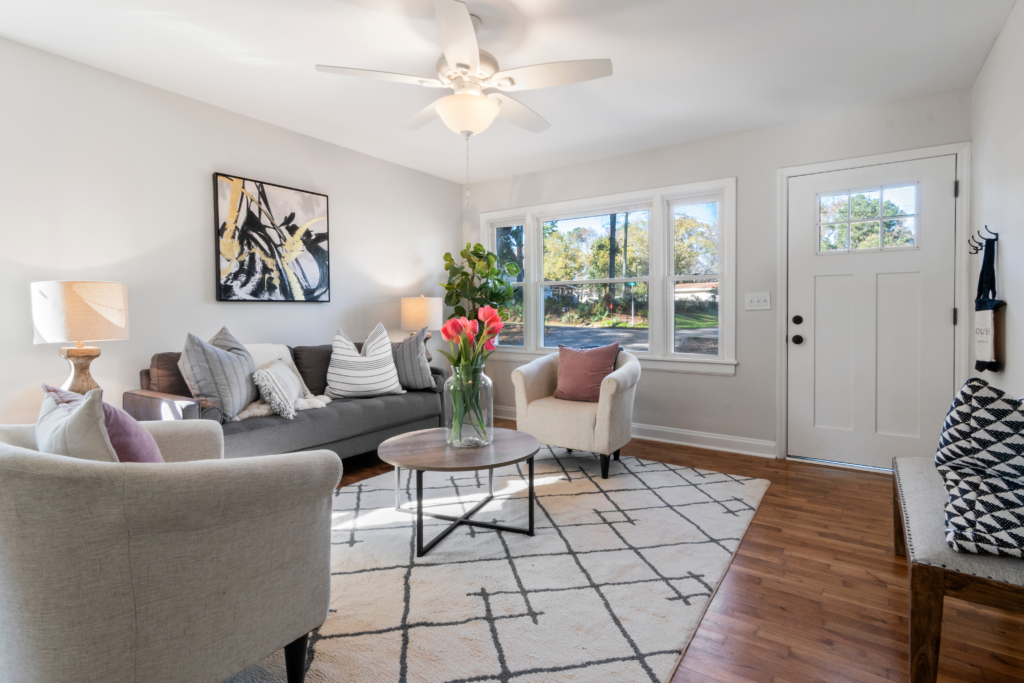
A Comparison: Keep Saving vs. Co-investing with Ourboro
When National Bank released their findings that housing affordability was at its worst in 41 years, our team naturally became curious about the real-world impact that Ourboro has had on affordability for our co-owners. So we looked into it.
We took the average household income across all of our co-owners and assumed they were saving 10% each year to put towards their down payment. Using Ourboro’s average down payment contribution, we found it would have taken our co-owners nine more years to save up for a down payment without Ourboro. That’s nine years of rent payments that could have been going toward paying down their mortgage.
When they co-buy with Ourboro, homebuyer’s don’t need to save the entire down payment themselves. We’ll make sure that every down payment meets the 20% threshold, meaning smaller mortgages, and no mortgage insurance.
Our Outlook
We all know that getting into the Canadian housing market is tough, especially in an area like the GTA. But reports like those from National Bank don’t have to hold you back.
The Ourboro team, and our investors, are still charging forward. We believe that the long-term outlook for GTA real estate is very, very lucrative. We see the current interest rate rise as an opportunity and our homebuyers are taking advantage of the already softened market to break in now.
Our suggestion? Get into the market sooner by co-owning with Ourboro. Then, as the home appreciates in value, you can sell and take your proceeds to buy your next home, on your own. If all goes well, you can co-buy a home, sell it, and buy your next home, all within the nine years you would have otherwise been on the sidelines, renting and saving.
Don’t take homeownership off the table. Make it possible, sooner, with Ourboro. Ready to explore co-ownership with Ourboro? Get started here or join us at an upcoming info session.

